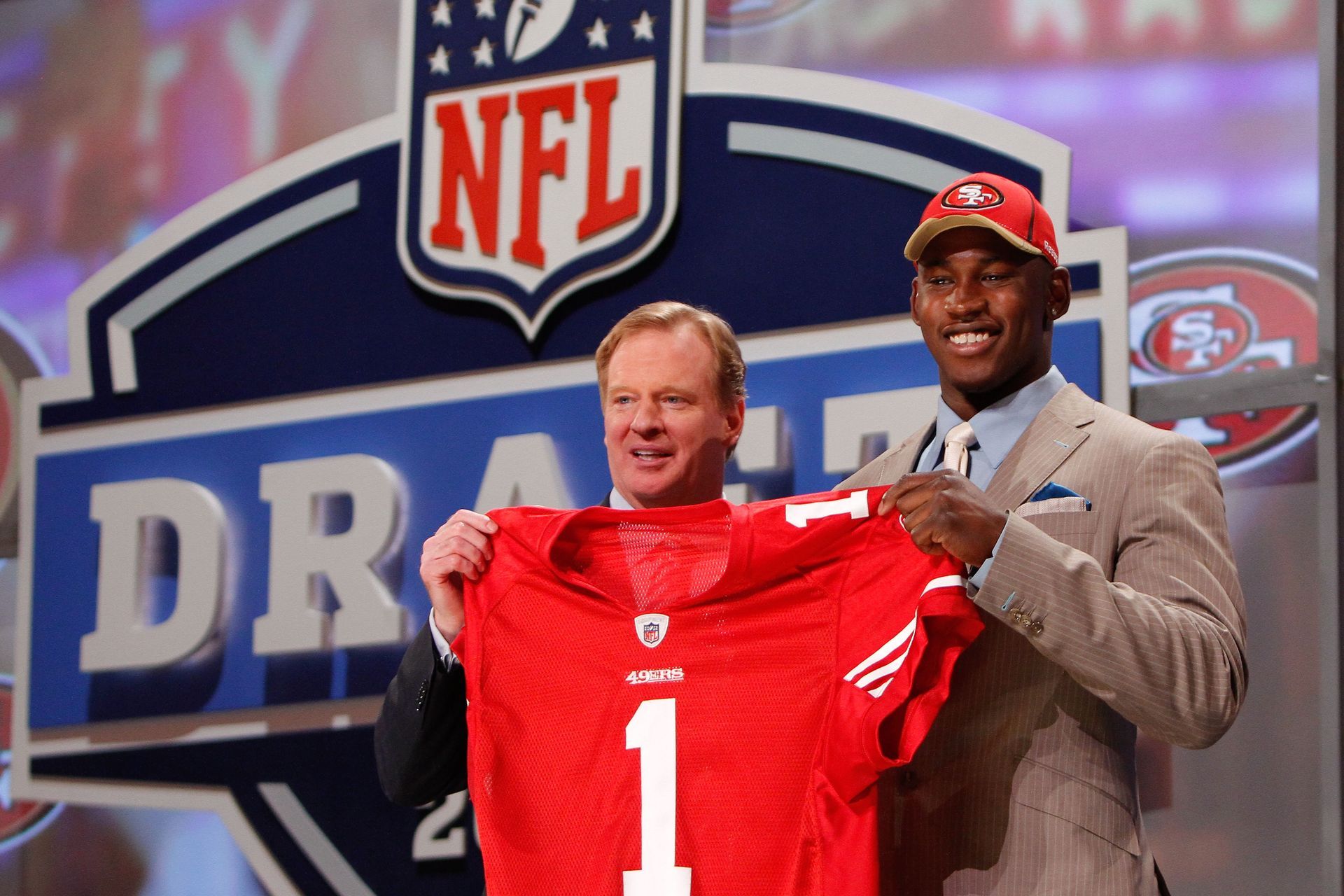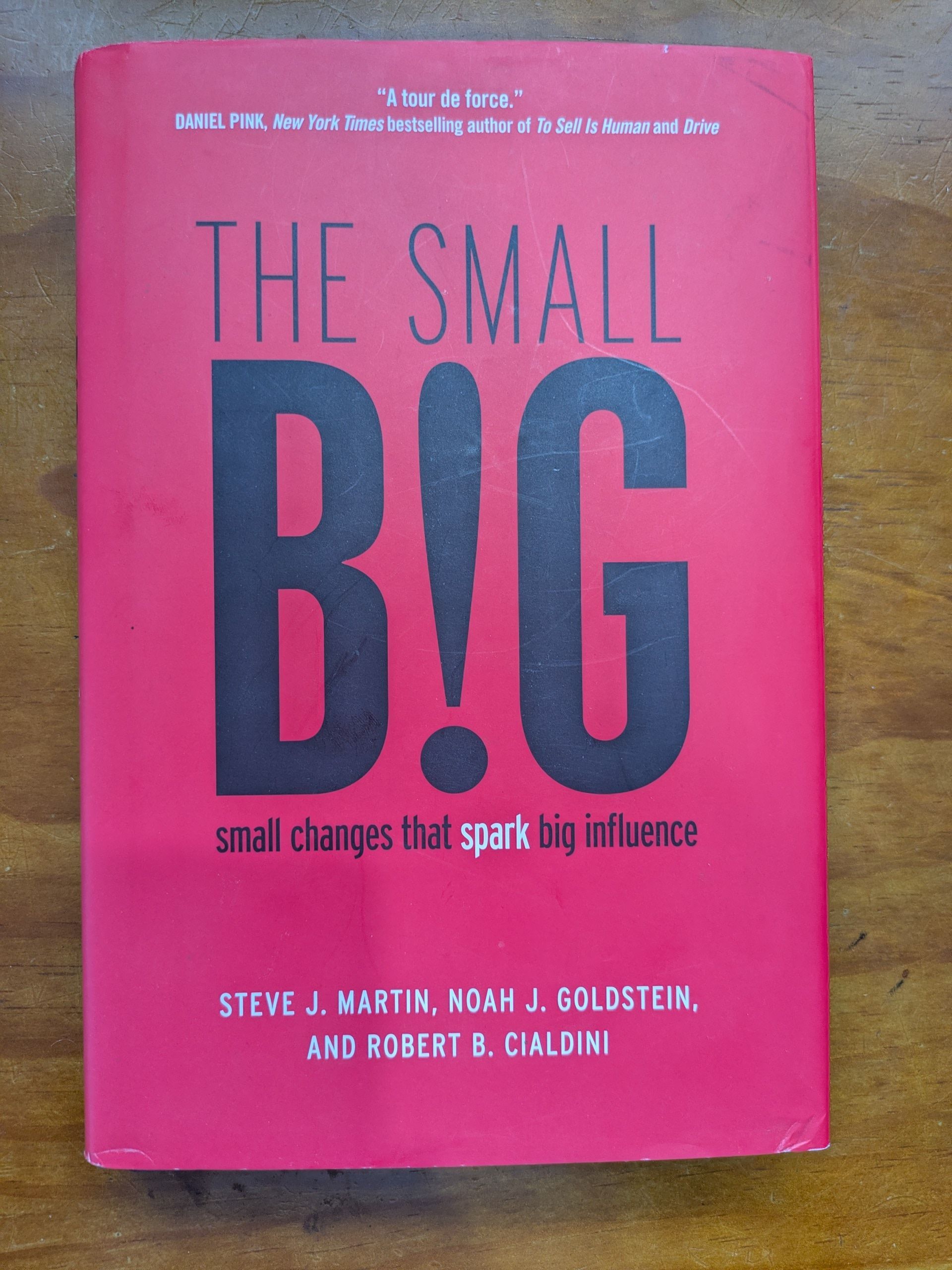The Morality Factor in Hiring: Why Honesty-Humility Matters
We hope you enjoy reading this blog post!
Fermion is a Wollongong-based HR consultancy that specialises in helping companies across Australia save money through innovative recruitment and retention programs. Let us help your organisation thrive.
Why Morality Belongs in Recruitment
For decades, hiring managers have focused on skills, experience, and intelligence. But research now shows that moral character is equally important in predicting job performance and leadership success. Traits like honesty-humility, conscientiousness, and guilt proneness are strong indicators of whether someone will contribute positively to a workplace or cause long-term harm.
At Fermion, we often remind clients that competence alone isn’t enough. A technically brilliant hire who lacks honesty and humility can cost an organisation far more than they contribute.
From the Big Five to the HEXACO Model
Traditional recruitment tools often relied on the “Big Five” personality model: openness, conscientiousness, extraversion, agreeableness, and neuroticism. But this model overlooked a crucial factor—honesty-humility.
The updated HEXACO model adds this sixth dimension, capturing whether a person is:
- Truthful vs. deceitful
- Modest vs. arrogant
- Fair vs. manipulative
- Loyal vs. exploitative
This factor shines a light on the moral compass of candidates—something the older Big Five model failed to measure.
Why Honesty-Humility Predicts Success
Research shows that employees high in honesty-humility are less likely to engage in workplace deviance such as theft, manipulation, or absenteeism. They are also more likely to:
- Volunteer for extra assignments
- Mentor colleagues
- Act ethically when faced with difficult decisions
In leadership, high honesty-humility correlates with ethical and trustworthy management, while low scores often predict reputational risk and toxic cultures.
Practical Honesty-Humility Interview Questions
How can employers assess honesty-humility in practice? Adding a few behavioural questions into interviews can provide invaluable insight. Here are some examples:
- “Please describe a time when you made a mistake at work. How did you feel about it? What did you do to address it?”
- “Tell me about a situation where you could have taken personal advantage but chose not to. What guided your decision?”
- “How do you handle giving credit when a project succeeds? Can you share a recent example?”
- “Have you ever disagreed with a manager’s decision? How did you handle it?”
These questions reveal whether a candidate feels genuine responsibility for others, demonstrates humility, and shows ethical decision-making under pressure.
The Recruitment Takeaway
Hiring for technical competence alone is risky. The evidence is clear: employees with high honesty-humility, conscientiousness, and guilt proneness are more likely to be ethical, productive, and effective leaders.
When building selection processes, organisations should combine psychometric testing with honesty-humility assessments and behavioural interviews. The goal isn’t just to find someone who can do the job—it’s to find someone others will trust to do it.
At Fermion, we help clients integrate these measures into recruitment so they can hire with confidence and build cultures grounded in trust.
About the Author:
Christopher Apps is an Organisational Psychologist and the owner of Fermion. He stays updated on the latest psychology research and shares evidence-based insights. The focus of Fermion is "Psychometric Testing for Recruitment" and “Recruitment to Retention: How to Select Good Staff & Keep Them”. If you would like to learn how to select good staff and keep them, please feel free to contact us at Fermion.
“Learn from the mistakes of others. You can’t live long enough to make them all yourself.”
Eleanor Roosevelt.





